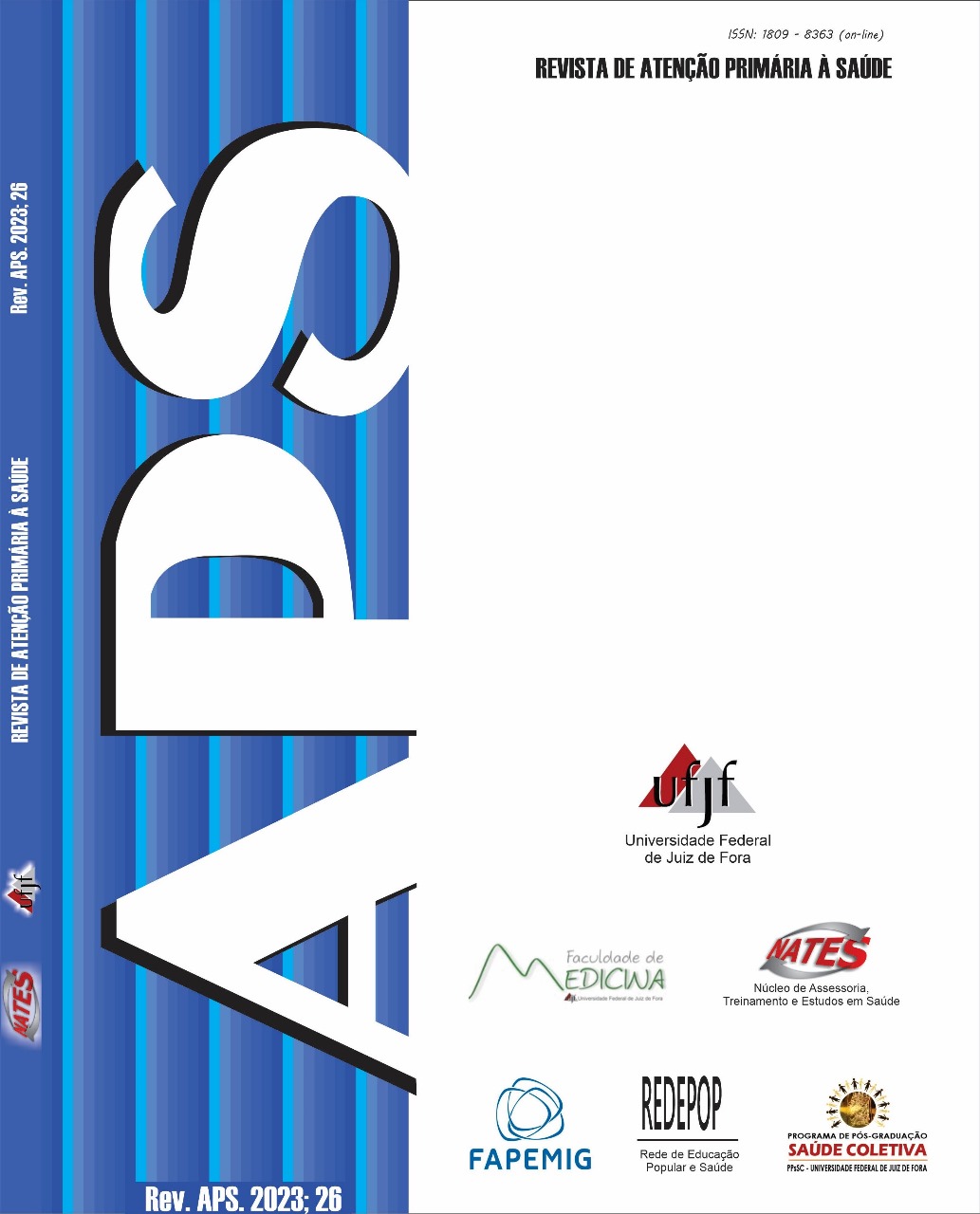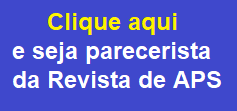Notification of interpersonal violence against lesbians, gays, bisexuals and transgenders (LGBT) in healthcare settings in the state of Paraná, Brazil (2015-2017)
DOI:
https://doi.org/10.34019/1809-8363.2023.v26.40015Keywords:
Sexual and Gender Minorities, Violence, Health Services, Health Information SystemsAbstract
This study aimed to characterize the notifications of interpersonal violence (IPV) against lesbians, gays, bisexuals, and transgender people (LGBT) recorded in the Notifiable Diseases Information System (SINAN) in the state of Paraná between 2015 and 2017. The adopted approach was epidemiological, ecological, and descriptive. A total of 1.035 notifications of IPV targeting the LGBT community were identified, mainly prevalent among people aged between 30 and 59 years old (33,8%), white (66,7%), and with incomplete primary education (35%). The victims' home stood out as the place with the most occurrences (54,6%), and 55,6% of the cases were physical violence. Most alleged aggressors were male (72,3%), and in 30,4% of the events, intimate partners were identified as the likely perpetrators. Geographically, the Secondary Health Region of Paraná contributed to 24,7% of the notifications, while the municipality of Curitiba accounted for 14%. Thus, the study in question plays a significant role in strengthening the surveillance and monitoring of incidents of violence against the LGBT population in Paraná.











